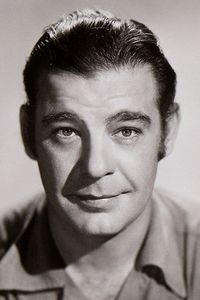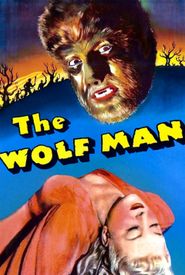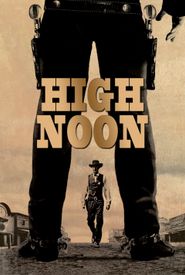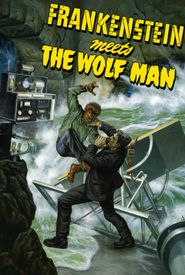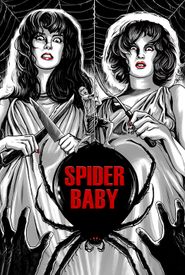Creighton Chaney, the American character actor, was significantly influenced by his father, silent film star Lon Chaney, despite often being overshadowed by his father's fame. Born during his parents' theatrical tour, Chaney joined them onstage at just six months old. As a young man, he worked various menial jobs, including as a plumber, meatcutter's apprentice, metal worker, and farm worker, without relying on his father's name or connections.
However, Chaney's desire to follow in his father's footsteps was always present. He studied makeup alongside his father, learning many of the techniques that made his father famous. Additionally, he took stage roles in stock companies, laying the groundwork for his future career.
It wasn't until after his father's death in 1930 that Chaney began working in films. Initially, he appeared under his real name, but in 1935, a producer insisted on changing his name to Lon Chaney Jr. as a marketing ploy. Chaney was uncomfortable with the change and always hated the "Jr." addendum, but he also recognized the potential benefits of using his father's famous name to advance his career.
Throughout his early career, Chaney played numerous supporting parts, often in unremarkable roles. However, his breakthrough came in 1939 with his portrayal of the simple-minded Lennie in the film adaptation of John Steinbeck's Of Mice and Men. This performance earned him widespread acclaim and recognition, cementing his status as a talented actor.
The following year, Chaney was cast as Lawrence Talbot in Universal's horror film The Wolf Man, a role that would become one of his most iconic and enduring performances. This film, along with a string of subsequent horror movies, propelled Chaney to stardom, although he never managed to surpass his father's level of success.
By the 1950s, Chaney had established himself as a reliable character actor in both low-budget horror films and big-budget productions, such as High Noon. Despite his success, he continued to struggle with the limitations of his father's legacy, often finding himself typecast in cheap and mundane productions that relied heavily on his name and those of other fading horror stars.
As the years went by, Chaney's life was marred by illness and struggles with alcohol. He died in 1973, leaving behind a legacy as an actor who had spent his life chasing the fame of his father, but who was deeply loved and respected by a generation of filmgoers who had never seen his father.
